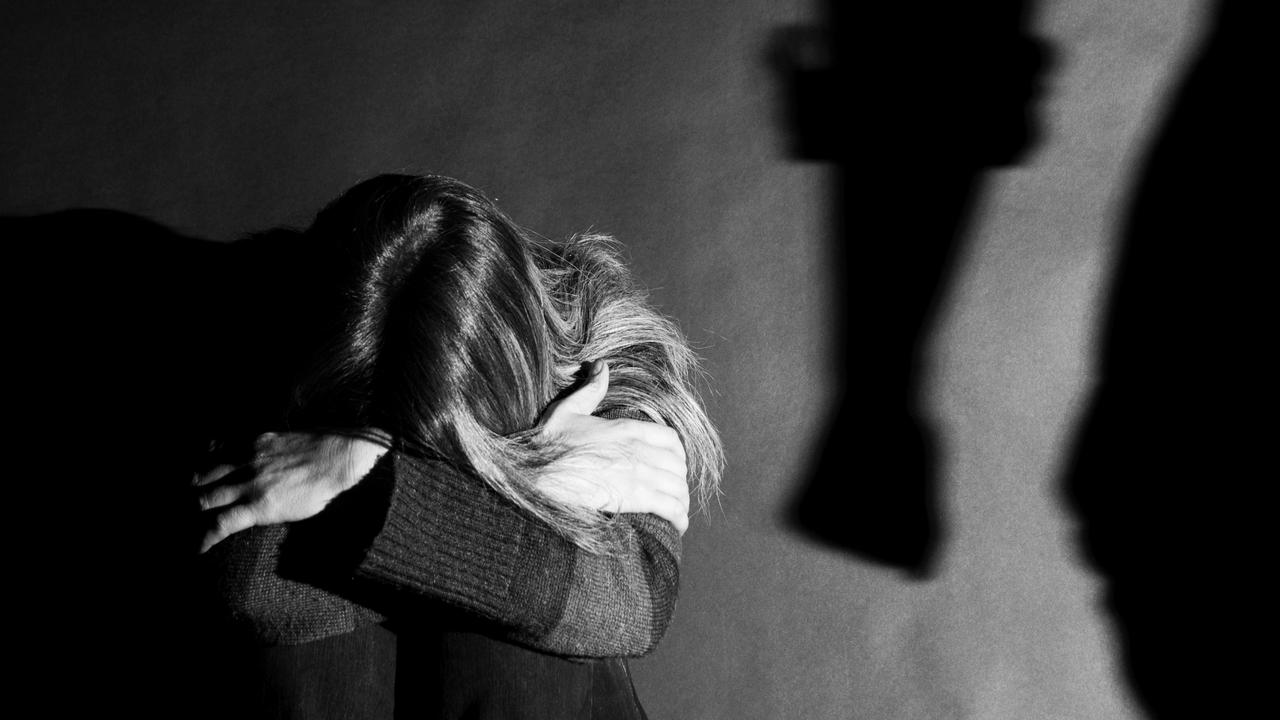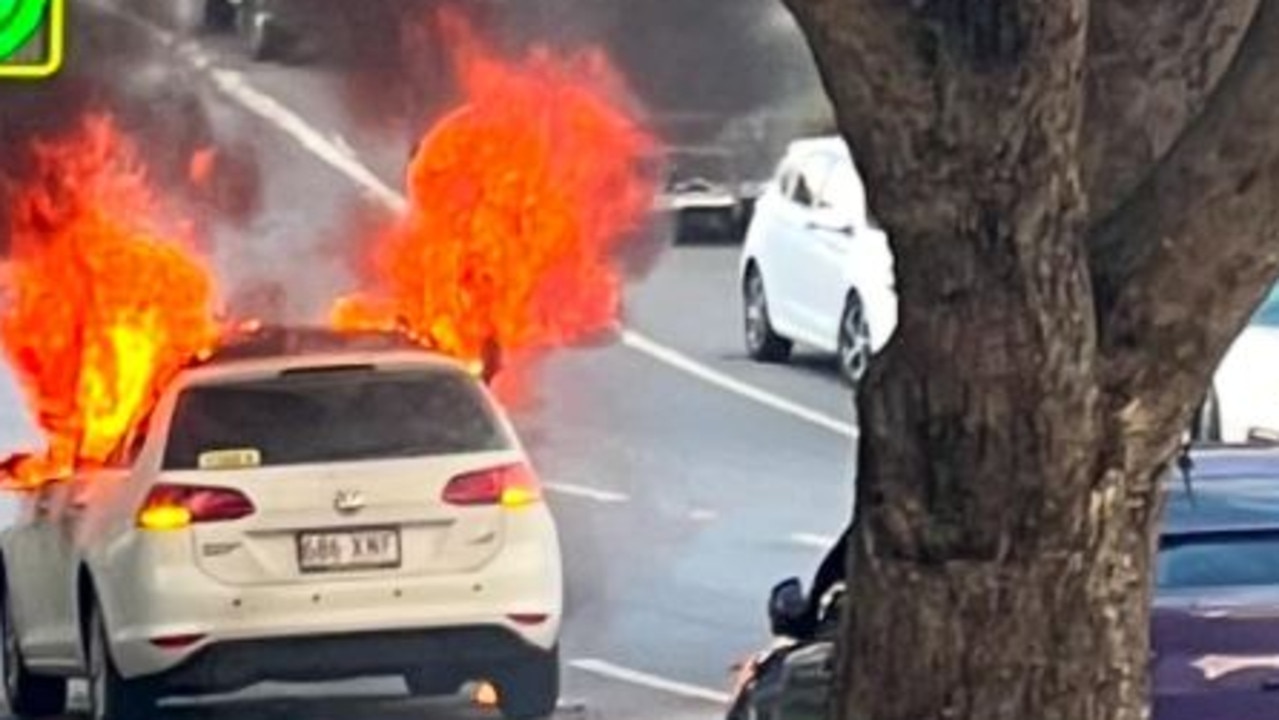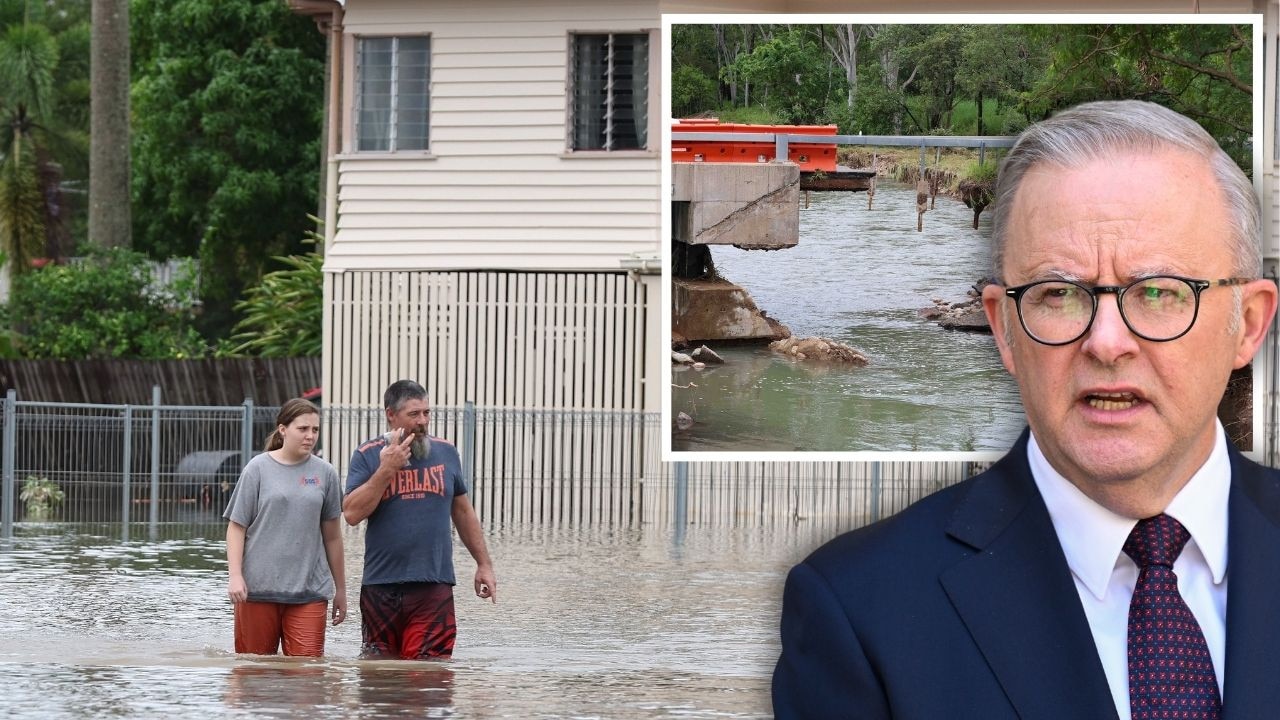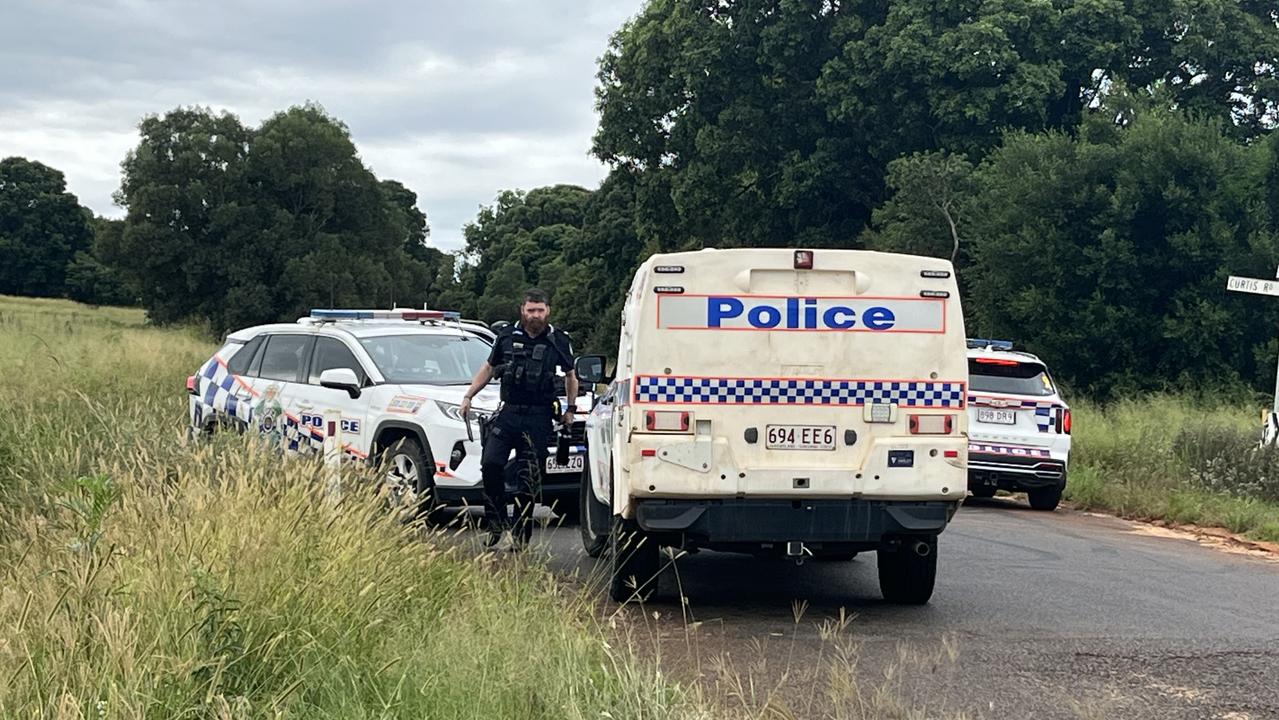Thousands of Queensland Health staff cop abuse as violence rates spike
Queensland’s public hospital workers are copping abuse at work at staggering levels, with new data revealing an average of nearly 40 incidents a day across the state.

QLD News
Don't miss out on the headlines from QLD News. Followed categories will be added to My News.
Queensland’s public hospital workers are copping abuse at work at staggering levels, with new data revealing an average of nearly 40 incidents a day across the state.
And the increase is likely linked to the same factors causing the system to buckle – increased demand, sicker patients and workforce shortages – according to the nursing union.
WorkSafe defines violence or aggression at work as any incident in which a person is abused, threatened or assaulted in circumstances relating to work.
Queensland Health data revealed there had been 14,122 incidents in 2022-23 – or nearly 40 a day across 16 hospital and health services and the department. It was a 13.45 per cent increase on 2019-20, with the current financial year on track to be the worst on record after recording 5421 incidents in the first 120 days.

Staff at Cairns and Hinterland HHS have copped the largest increase in abuse, with occupational violence incidents more than doubling in 2022-23 over 2019-20.
Metro South HHS had the largest share of incidents, though it was still a 20 per cent improvement since 2019-20.
Queensland Health acknowledged there had been a significant rise in occupational violence in the 2022-23 financial year, attributing the increase to factors including the return to normal hospital service after the height of Covid-19 and staff being encouraged to report incidents.
Queensland Nursing and Midwifery Union acting secretary Sarah Beaman said demand on hospitals had increased amid population growth, worker shortages, sicker patients and Covid-19 with a decrease in access to bulk-billing GPs also a factor.
“We are aware anxiety and stress for both staff and patients have increased as a result of all these factors,” she said.
“Nurses, midwives and aged-care staff also know a great number of incidents involving violence in the workplace are the result of medical conditions including dementia.”
According to the union, there is a “real need” for workforce planning and funding to ensure there are enough appropriately trained staff available to de-escalate incidents where appropriate.
Australian Medical Association Queensland president Maria Boulton, a GP, said anecdotally there had been an increase in patients being aggressive to health staff after Covid.
“I think certainly people will be feeling more stressed, I think Covid-19 really stressed them out … also our cost-of-living pressures,” she said.
She said it was important Queensland Health provided appropriate safety measures to protect staff, including hiring more security and ensuring overnight staff had escorts to vehicles when finishing shifts.
A Queensland Health spokeswoman said the state was the first to fund a permanent Occupational Violence Strategy Unit to reduce violence in healthcare settings.
So far it had issued response kits on supporting staff, worked with police to deliver training on negotiation and de-escalation, and installed drugs and weapons safes in all high-risk facilities.
Originally published as Thousands of Queensland Health staff cop abuse as violence rates spike







